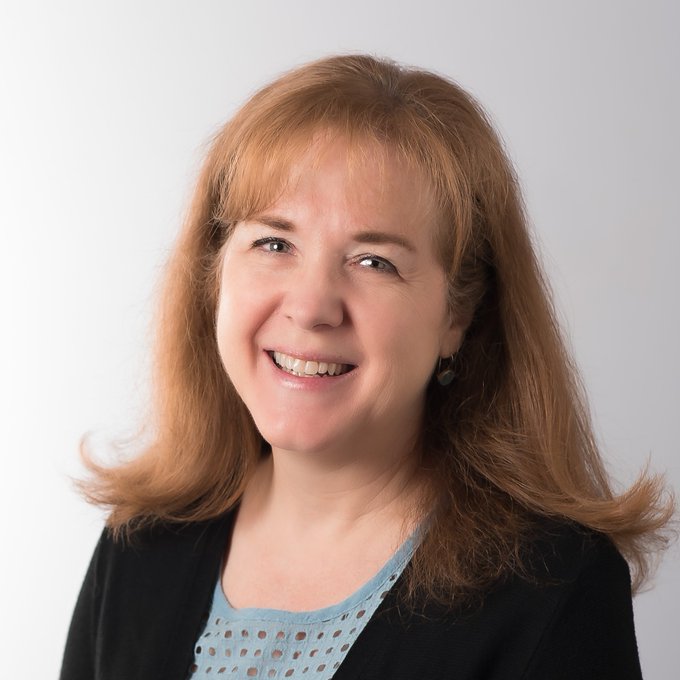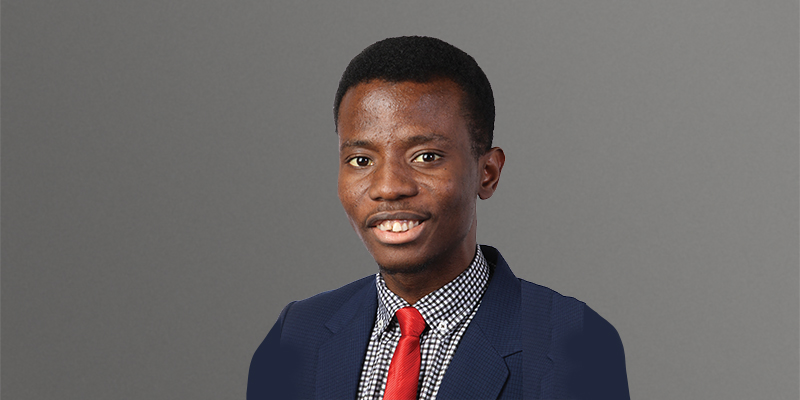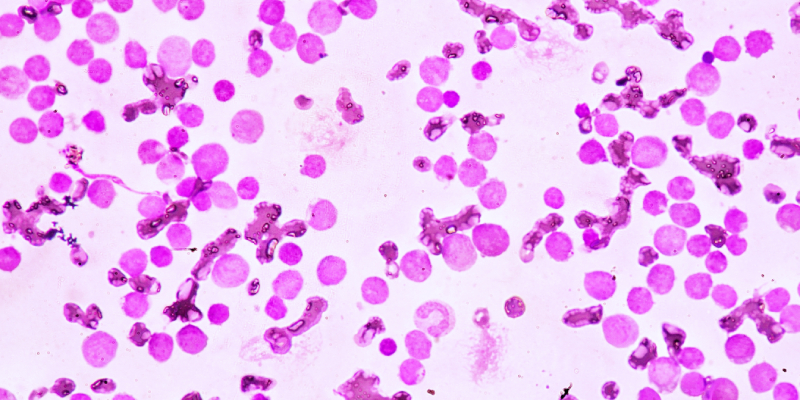
The 2024 American Society of Pediatric Hematology/Oncology (ASPHO) Conference will be held April 3-6 at the Seattle Convention Center in Washington. Caroline Hastings, MD, the current ASPHO President, spoke with Blood Cancers Today on which sessions she was excited about, why embracing humor is important as a pediatric hematologist or oncologist, and what unanswered questions exist in leukemia treatment.
What Are Some Unique Sessions You Are Particularly Interested in?
The conference has a lot of great sessions, including an untraditional keynote speaker, William “Dr. Glaucomflecken” Flanary, MD, who’s a cancer survivor, so I think it’s very relatable to him what this group of physicians is practicing. He’s a practicing physician, but he’s also a patient.
His shtick is about embracing humor in work. I think that we’ve done a lot of work in our subspecialty about humanism. We’re pediatricians; we consider ourselves more closely engaged with our patients and their families. That kind of relationship is critical to develop trust and to be fully engaged with the welfare of our patients.
But there’s doctor humor, too. We’re very careful about what we say in front of people because they may be offended, but doctor humor is just what it is. It’s not anything other than helping us get through very stressful times and trying to find humor in everything that we do. It helps us, it helps our patients. The keynote adds some levity in the symposium where we’re talking about complex and complicated diseases, many of which currently have poor outcomes.
One type of leukemia that’s becoming more recognizable as we learn more about the biology and how to classify and separate different types of leukemias is mixed-phenotype acute leukemia. It has features of two types of leukemias that are treated very differently from each other: acute lymphoid leukemia and acute myeloid leukemia.
When you’ve got something that appears mixed, it’s always been a bit of a conundrum about, “how do we address this? What kind of therapy do we do? Is it a combination? Do you start with one, then add the other?” We’re looking at applying new updates and classification in biology and how that will influence our treatment strategies.
Sessions address cancer predisposition, the impact of genetics, and lymphoid malignancies that have an association with inborn errors of immunity but are genetic predispositions as well. There is something wrong with our immune surveillance that prevents the body from detecting the cancer early enough and being able to repair the defects that may have occurred. It is important to understand how that’s recognized and how that influences treatment, because we know that not every type of lymphoid cancer is the same, and that genetic influences actually impact our treatment decisions.
Caroline Hastings, MD, is the current ASPHO President and serves as a Professor of Pediatrics and the Director of the fellowship program at the University of California San Francisco Benioff Children’s Hospital, Oakland.






 © 2025 Mashup Media, LLC, a Formedics Property. All Rights Reserved.
© 2025 Mashup Media, LLC, a Formedics Property. All Rights Reserved.